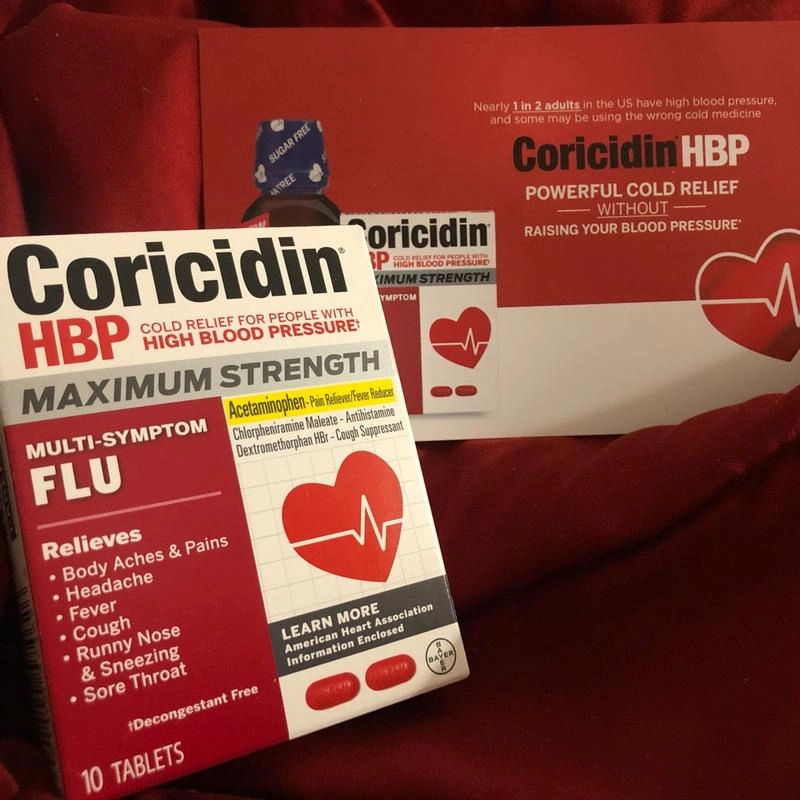Get insider information about the processes of home health care services: just how it works, services provided, and benefits to patients looking for care in their comfort zones. Again, in simple terms.

Home health care is described as a service that is characterized by medical support and personal care amidst the comfort of one’s own home.
These include target populations who are being discharged from hospitals, require continuing care, have chronic illnesses, or disabilities rendering them helpless.
As compared to the settings of a hospital that do present certain constraints to one’s own individual characteristics, home health care negates all those hassles and allows the patient to remain within familiar surroundings.
It is safe to say home health care is a continuum of services ranging from medical treatments to assisting them with activities of daily living. The services rendered would be customized according to the differential needs of individual people.
What are the Responsibilities of Home Health Care Service?
Home health care services cover a wide array of activities for the benefit of patients, with the aim of helping them stay healthy and comfortable. Some of the essential duties that a home health professional may perform could be listed below.
1. Medical Care
Medical care will be provided by RNs and LPNs, including administering medications and assessing vital signs and wounds. They are also allowed to give specialized care in diseases related to diabetes, heart disease, or respiratory disorders.
2. Physiotherapy
The professions belonging to this category help the patients regain their strength, mobility, and independence after an injury or surgery. They devise an individualistic exercise schedule and help the patient regain his health.
3. Occupational Therapy
Occupational therapists teach the patients to accomplish activities of daily living such as dressing, bathing, and cooking. They consult and devise plans with the patients themselves and also fabricate adaptive equipment to make their lives easier.
4. Speech Therapy
Speech therapists help those patients who have difficulty communicating or swallowing. They design individualized therapy programs to improve communication patterns and articulate speech.
5. Personal Care Assistance
Home health aides can be quite helpful for the patient in providing much-needed personal care, such as bathing, grooming, preparation of meals, and keeping the patient company. This level of care raises a patient’s dignity and quality of life.
6. Home Health Monitoring
In some services, remote monitoring technologies are introduced that track a patient’s vital health metrics. The health professionals are thus able to keep tabs on the condition and make necessary changes in the care plan.
More often than not, home health care coordinates with other healthcare professionals-the doctor, specialists-to ensure the patient is receiving total care. Communications regarding updates and concerns are sent to the patient’s primary care physician.
How Home Health Care Services Operate

The system of service delivery within home health care operates via an organizational approach that includes a series of necessary steps, namely:
1. Assessment
A healthcare professional pays a visit to the patient’s home to assess his medical condition, daily living needs, and personal preferences. This sort of assessment allows one to perceive the type of care and the level of it that may be required.
2. Care Plan Development
Upon assessment, a care plan will be developed that outlines individualized services needed and the frequency of visits, along with detailed goals pertaining to patient care. The developed care plan would keep in view the peculiar needs of the individual and might change with time as conditions fluctuate.
3. Assignment to Care Team
A team of competent practitioners is assigned to the patient, including nurses, therapists, and aides-those specially trained for the service being provided. The mutual cooperation in providing the service results in coordinated care corresponding with an established care plan.
4. Service Delivery
Home health care services are provided at scheduled times according to the plan of care. One receives in-home visits by healthcare professionals, which are paid in order for the individual to receive medical care, therapy, or personal assistance. Visits depend on need and often differ in frequency and duration.
The various home health care providers assess effectiveness and make adjustments in the care being delivered. By ongoing evaluation, one can be sure that the best possible care is accorded to the patient.
Benefits to Home Health Care Services
Home health care services have a lot of advantages for patients and their families. Some of the key benefits include:
1. Comfort and Familiarity
Among the many well-appreciated advantages that come with home health care, the patient can receive their care within their own homes. Being in a familiar environment can help reduce stress and anxiety, thus making focusing on recovery much easier.
2. Personal Touch in Care
Home health care is tailored to individual patient needs. Care plans are individualized to specific disease states, preferences, and goals of patients with the aim of providing appropriate levels of support to patients.
3. Independence
Home health care provides avenues whereby these patients feel more self-sufficient. Assisted, they could continue with the daily activities that they are supposed to do but now require some aid to do so. This can inspire confidence and enable them to live a better quality of life.
4. Cost-Effectiveness
Home health care is very often cheaper compared to extended hospital stays or even assisted living facilities. They can receive the care they require without huge hospital bills.
5. Family Involvement
Home health care provides an avenue for the family to be involved in the care of their patient. They can become actively involved in decisions about the loved one’s care and be with them during the recovery process, helping bonds grow even stronger.
Generally, the home health care was coordinated with the patient’s primary care physician and specialists they see. This tends to work much better in chronic conditions since communication is clearer.
What to Expect from Home Health Care Services
In this case, if you hire home health care services, it is important to know what to expect from such a program. Some of the general expectations of the service include:
1. Initial Assessment
You’ll likely be scheduled for an initial assessment visit, whereby you meet with a healthcare professional who will assess your needs and discuss the available options for your care. This may take a while since they have to get information on your current health and medical history.
2. Individualized Care Plan
A follow-up in overall assessment will provide you with an individualized care plan that details the services to be provided, the frequency of visits required, and certain goals. This helps in ensuring that the care team ultimately delivers support in the right direction.
3. Routine Visits
You shall be entitled to routine visits from the healthcare practitioners, which may be daily, every other day, or weekly, depending on the services authorized in your care plan.
4. Communication
Your care team shall make sure to always apprise you and your loved ones of the status regarding your progress and any need for adjustments in the care plan.
5. Support and Help
Health aides can assist with simple living activities, such as bathing or grooming and preparing meals. They are there to support you while helping you maintain your independence in daily living.
Lastly, you should expect that the state of your health is monitored continuously. Your care team will keep close track of your progress to make adjustments in your plan of care, when needed, to get the best possible results.
A Final Note
Home health care services include a variety of medical and personal comfort services in one’s own home. These include personalized cares, which attend to the particular needs of each patient in order to help him become independent again, recover his illness, or maintain further a good quality of life.
With society’s recognition of the importance of home health care, more people in need can have access to its services, thus enabling them to receive care without necessarily having to leave their homes.
As home health care is embraced, a supportive and healing environment created by patients and their families improves well-being and enhances the quality of life.
In all, be it medical care, assistance in activities of daily living, or various recovery processes, home health care services have become so important to bettering the lives of so many individuals.
So, if you or your loved one needs care, consider the many advantages home health care services will bring and take the first step toward a healthier, happier life at home.






